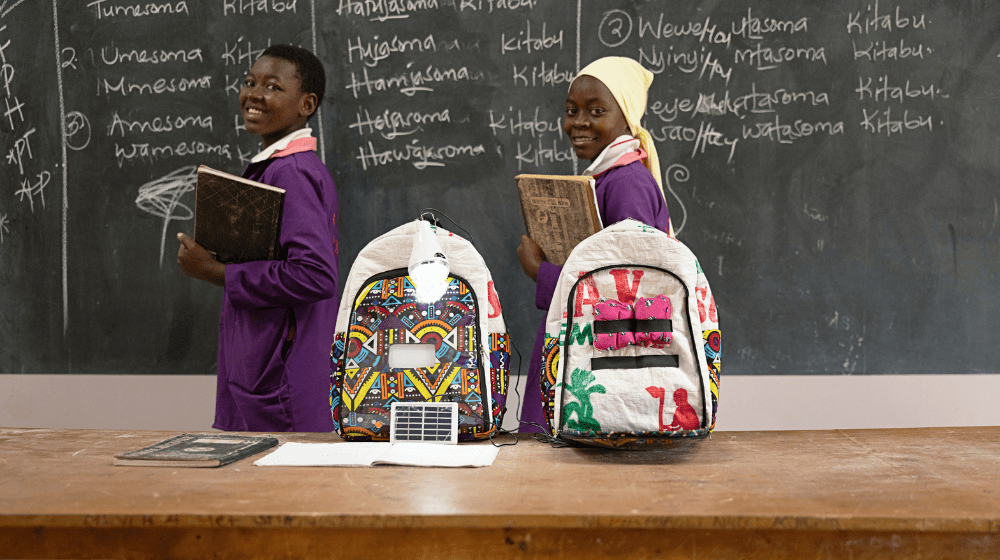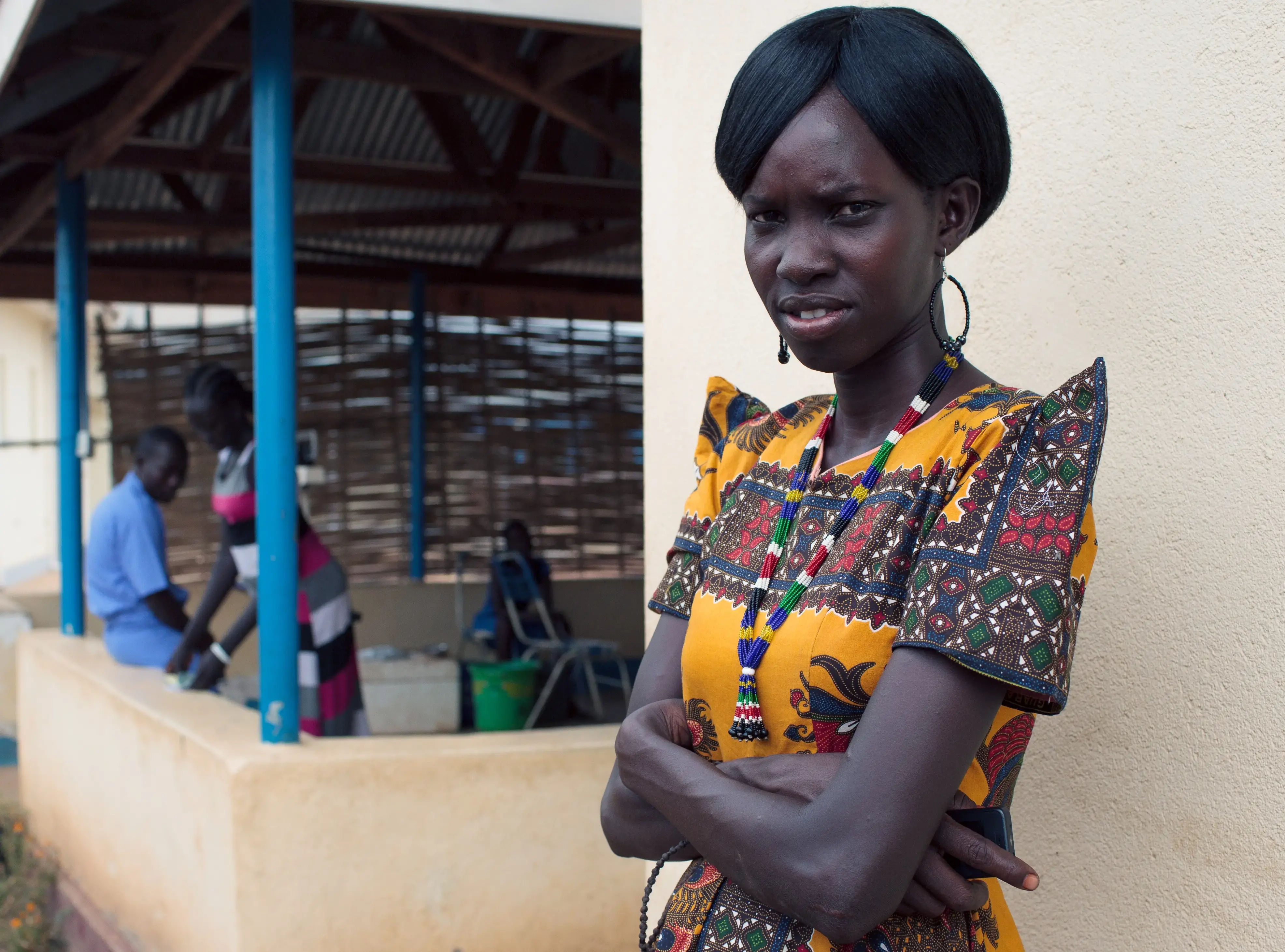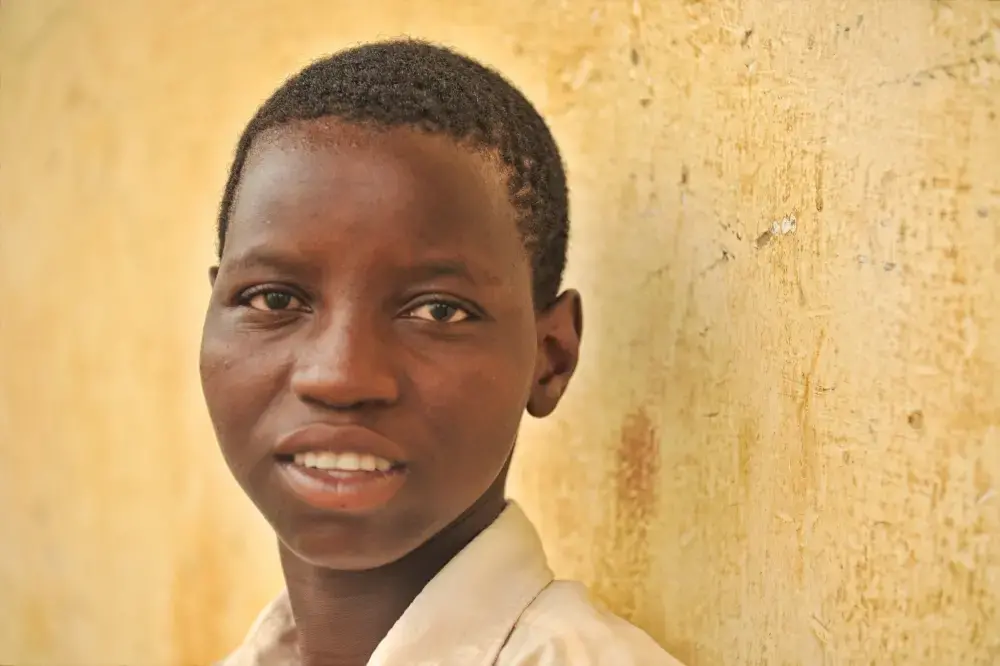Blog by Meron Negussie, UNFPA Regional Programme Specialist for Adolescents and Youth, to commemorate Menstrual Hygiene Day, 28 May 2024
For the first time, menstruation was embraced as integral to sexual and reproductive health. This movement was the first of its kind on the continent, marking a significant shift in the resolve for promotion of menstrual health as a human right.
The Johannesburg Call to Action: Improving Menstrual Health Management in Africa committed to ensuring menstrual health across the life cycle using a multisectoral approach. The birth of the African Coalition for Menstrual Health provided a much-needed compass to steer the menstrual health movement on the continent. It has emerged as the convener of choice for a dynamic community of menstrual health practitioners, advocates and experts across the private and public sectors.
Paving the way
Over the years, I have observed the strides made by the coalition in shaping a brighter future for menstrual health. The organization has driven significant changes across the region – such as the development of policies and strategies, the creation of regional and national standards for menstrual products, and the implementation of comprehensive processes. The coalition has supported and guided countries and regional partners in menstrual health programming and policy, ensuring that these issues are addressed with the seriousness they deserve.
I have witnessed the coalition leading joint advocacy and partnerships, to tackle key issues such as tax exemptions on menstrual health products. They have been at the forefront of driving evidence generation, bridging research and measurement gaps that have long hindered progress in this field.
At the country level, I have seen the impact of the coalition’s work in East and Southern Africa. Menstrual health is gaining momentum, with education and awareness on the rise. School health clubs in Ethiopia and Uganda are leading the charge, empowering young people with knowledge and resources. Kenya and Tanzania are reaching youth through innovative programmes like Twaweza, while traditional and digital media ensure broader audiences understand the importance of menstrual health.
Access to menstrual health products is improving, with countries like Kenya and Zambia allocating national budgets to provide sanitary products in schools. Distribution drives in South Africa ensure that free products reach girls from low-income families, highlighting a commitment to access and affordability. The removal of taxes on menstrual health products is becoming more common, with Kenya, South Africa, Ethiopia, Lesotho and Rwanda eliminating import and sales duties on these essential items.
Inspirational grassroots initiatives are flourishing. Girls' homegrown production of sanitary products is gaining traction in Ethiopia, Rwanda, Uganda, Mozambique and Zambia, empowering communities and promoting sustainability. South Africa champions the procurement of sanitary products and related services from women-owned suppliers, fostering economic empowerment.
Even in the face of humanitarian and post-crisis settings, efforts to ensure dignity kits and access to safe sanitation facilities are making a difference in Ethiopia and Mozambique. These initiatives not only address basic human needs but uphold the dignity and well-being of people who experience trauma and displacement.
The coalition’s dedication to menstrual health is truly transforming lives, creating a future where menstrual health is universally supported and celebrated, from pre-menarche to menopause.
On this wonderful journey, I pay tribute to UNFPA’s former and current leadership, and colleagues in the ESA region, who have blazed the trail for menstrual health across Africa. Equally, I acknowledge the efforts of the MH Day team at Wash United and the Africa Coalition on Menstrual Health leadership for their relentless technical contributions, without which the story cannot be told.
A world reimagined
Imagine a world where every person can manage their menstrual health with dignity and ease. To turn this vision into reality, we must join forces to achieve a shared goal - as the United Nations, governments, donors, civil society organizations, academic institutions, schools, health-care providers, the private sector, traditional leaders, and community activists. We all need to work together to address menstrual health across a person's life course, not just during their reproductive years.
Consider the millions left behind simply because menstrual products are too expensive. Imagine if subsidies and local social entrepreneurs could lower production and delivery costs without compromising quality. Picture the impact of removing taxes on menstrual health products, as has been done in Kenya, Lesotho, Ethiopia, Rwanda, and Zimbabwe – it's a game-changer. We need to explore every avenue, including innovative financing, to ensure that everyone who menstruates has access to what they need.
To achieve our menstrual health goals, we must supercharge innovative solutions to reach more people. Envision embracing digital technology and non-tech approaches to accelerate progress. Solid research is crucial to discovering what works best and guiding our actions to achieve menstrual health for everyone, no matter their age. By examining the evidence, we will understand where we are falling short and how to improve the menstrual experience for all.
We cannot ignore the devastating impact of humanitarian crises on women, girls, and all those who menstruate. When disaster strikes, managing periods safely and with dignity becomes even harder. In these moments, we must act swiftly to ensure everyone has access to the menstrual products they need.
By addressing these challenges head-on and working together, we can create a #PeriodFriendlyWorld where menstrual health is universally supported and celebrated.





